Banks: Is this a banking crisis - how worried should I be?
- Published
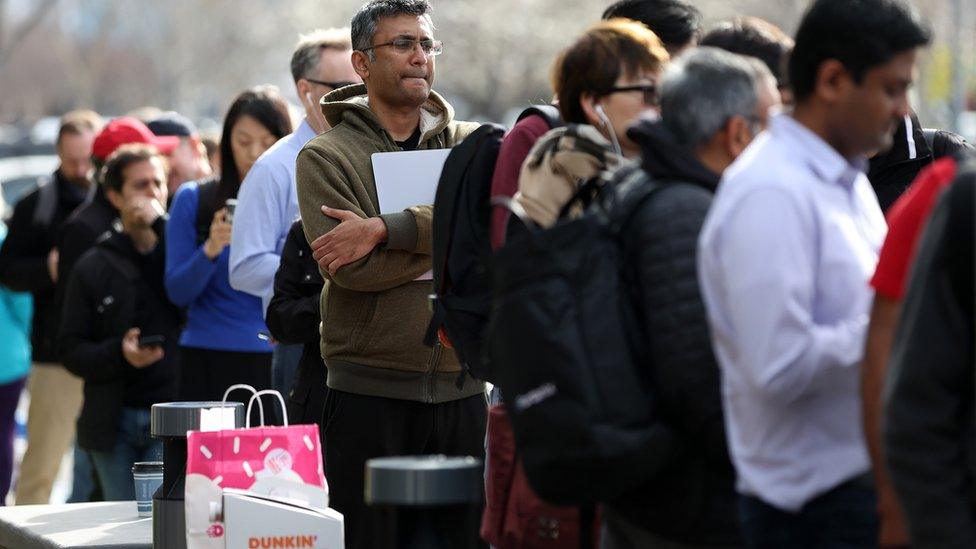
Queue of people outside SVB bank branch in Santa Clara, California, in March
The news is full of emergency meetings, central banks offering credit lifelines and tumbling bank shares.
No wonder people are asking: is this the start of another financial crisis?
Politicians, including the UK prime minister, and central banks, say the situation is now stable. But banking shares have continued to fluctuate.
So how bad is this and what does it mean for you?
What is happening with banks and are they collapsing?
In the US, regulators have shut down and sold three mid-size US banks since the beginning of March - Silicon Valley Bank, Signature Bank and First Republic. The failures are the biggest to hit the US since the 2008 financial crisis.
In Europe, troubled Swiss giant Credit Suisse, a major global player, is being taken over by rival UBS in a forced rescue deal.
The collapses came after customers worried about the safety of their funds withdrew their money en masse.
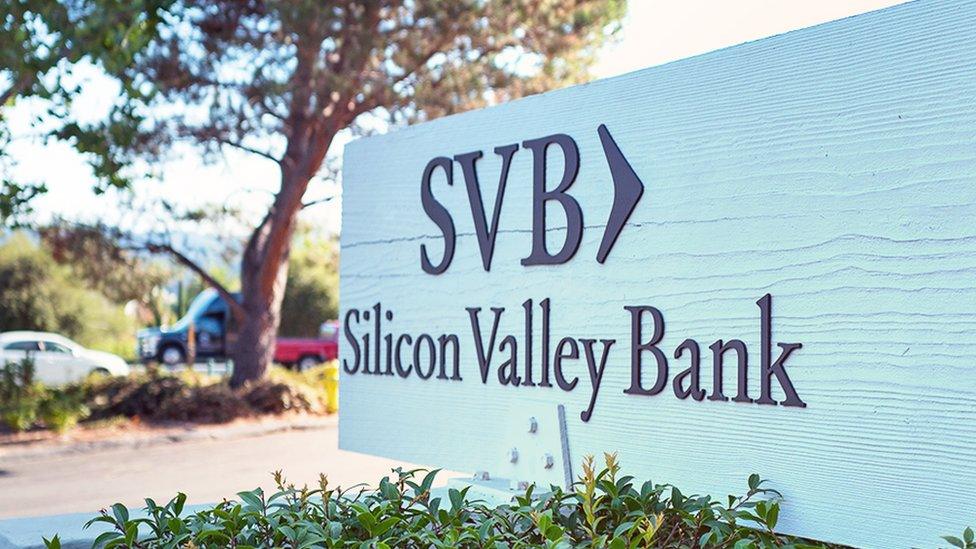
Central banks responded to the crisis with measures to make extra cash available to make sure financial transactions continued as normal.
That is the kind of action that was taken during the financial crisis in 2008 and at the start of the pandemic, designed to shore up confidence and make sure banks can still make loans and pay out to customers who want to take their money out.
As fears have eased, some of those measures have been wound down.
Are UK banks at risk?
Bank shares have certainly had a wobble, as confidence was shaken.
Both UBS and Credit Suisse have London operations, managing money for wealthy clients and advising on mergers and investments and there may be some job losses where the two banks' businesses overlap.
But there is no reason to expect any further direct impact on UK banks, from either Credit Suisse's demise, or the collapse of the smaller US lenders.
"The UK banking system remains safe, sound and well capitalised," a UK spokesperson for the Treasury said in a statement following the First Republic failure on 1 May. The spokesperson called the collapse "a matter for US authorities".
Why is this happening now?
The turmoil is part of the fallout after central banks, including in the US and UK, raised interest rates sharply last year to try to dampen down rising prices.
After years of very low interest rates, that has come as a shock.
Banks holding debt issued when interest rates were lower have seen the value of those assets tumble.
When customers panicked and started taking out their money, their balance sheets were not strong enough to withstand the moves.
Silicon Valley Bank, which catered to the tech industry and was hurt as the sector slowed, sparked the fears when it revealed in March it needed to raise money. The worries spread, taking down Signature Bank a few days later and eventually First Republic.
Credit Suisse had problems all of its own - missteps over risk management going back years, scandals it was caught up in, including money laundering, and last year it reported a heavy loss.
But it too found itself in a sudden downward spiral in March, as worried customers shifted funds to other banks - despite it receiving a $50bn (£41bn) emergency lifeline from the Swiss National Bank.
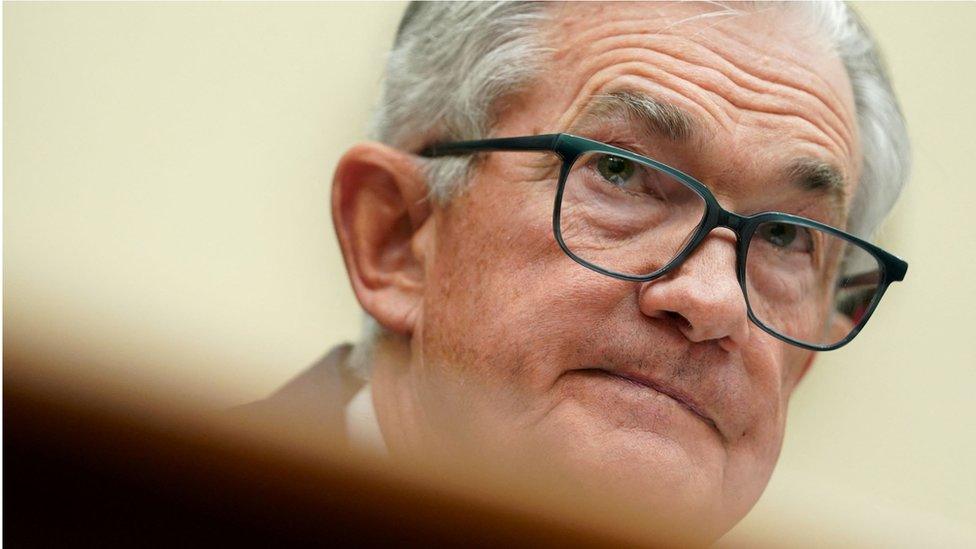
The US central bank has been raising interest rates under chairman Jerome Powell
Is my money safe?
Ordinary people have little reason to fear for their funds.
In the highly unlikely scenario that a bank or building society actually collapses, then deposit protection is in place.
In the UK, that means £85,000 per person, per institution is protected (or £170,000 in a joint account). So, if you have £85,000 in one bank, and another £85,000 in a separately licensed bank, then it is all safe if both went bust, under the Financial Services Compensation Scheme. There is also a higher temporary limit of £1m for six months, if you get a sudden influx of funds, such as an inheritance.
Protection is similar in the EU, and the US government has safeguarded deposits of up to $250,000 for a long time. In the wake of the crisis, US officials have proposed increasing protection for business accounts.
Is this a banking crisis like 2008?
There doesn't appear to be the same system-wide problem that there was in 2008, when banks around the world suddenly found they were exposed to rotten investments in the US housing market.
That led to enormous government bailouts and a global economic recession.
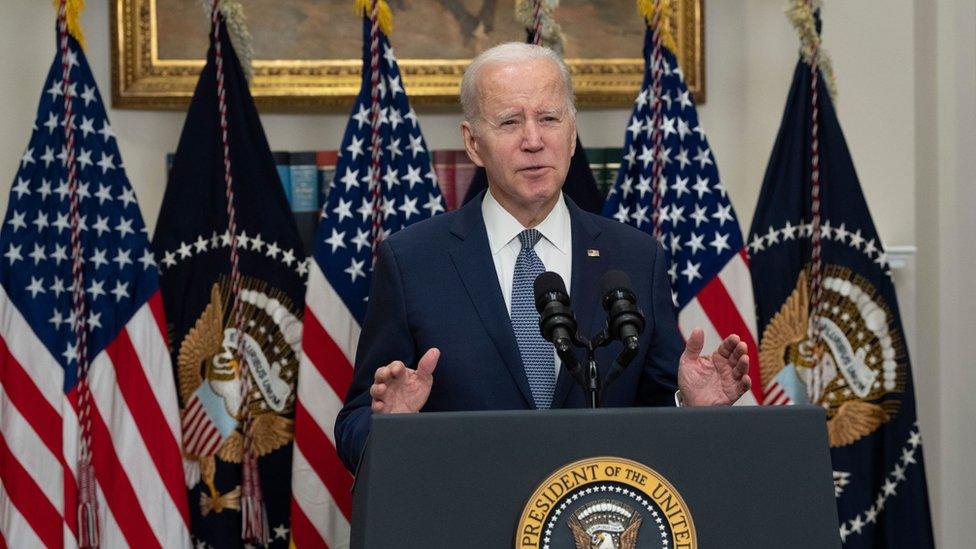
US President Joe Biden pledged to do "whatever it takes" to ensure the safety of the banking system
Since then, banks have been ordered to hold more capital and regulations around risk have been tightened. So most experts believe the impact of these current troubles will be contained.
Still, the world of banking is extremely complicated. It can be hard to identify where new fragilities might lie, until the system comes under pressure, as it did when Liz Truss's government surprised the markets with its new economic strategy in September, and as it is now with higher interest rates, and wavering confidence.
Moreover, nervousness around the health of banks is often contagious. And if people start to worry about their deposits they can move them at the click of a mouse.
Even if we don't see the total breakdown in trust that characterised the financial crisis, we could still see regulators toughening up the rules further and banks pulling back on their willingness to lend.
That could put a chill on the global economy, at a time when it could do without it.
Related topics
- Published19 March 2023
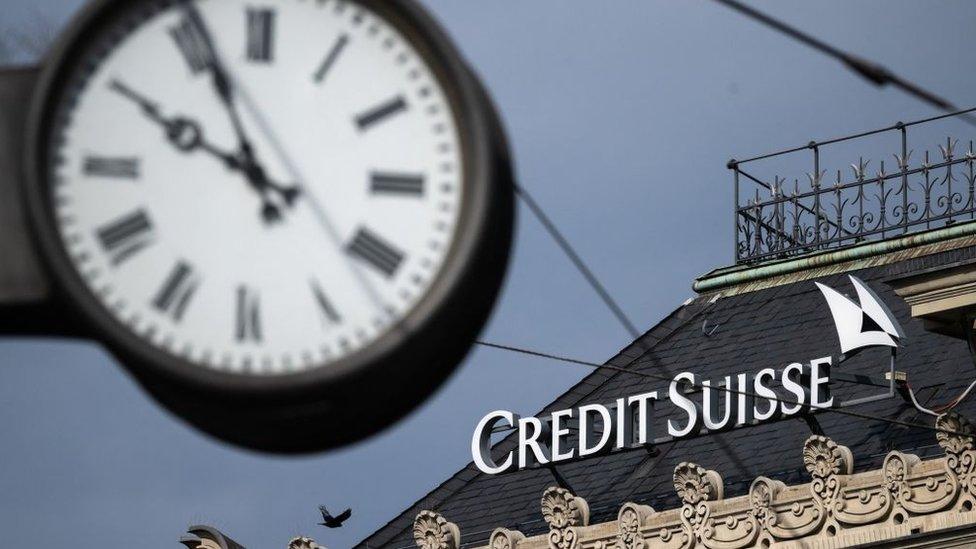
- Published20 March 2023
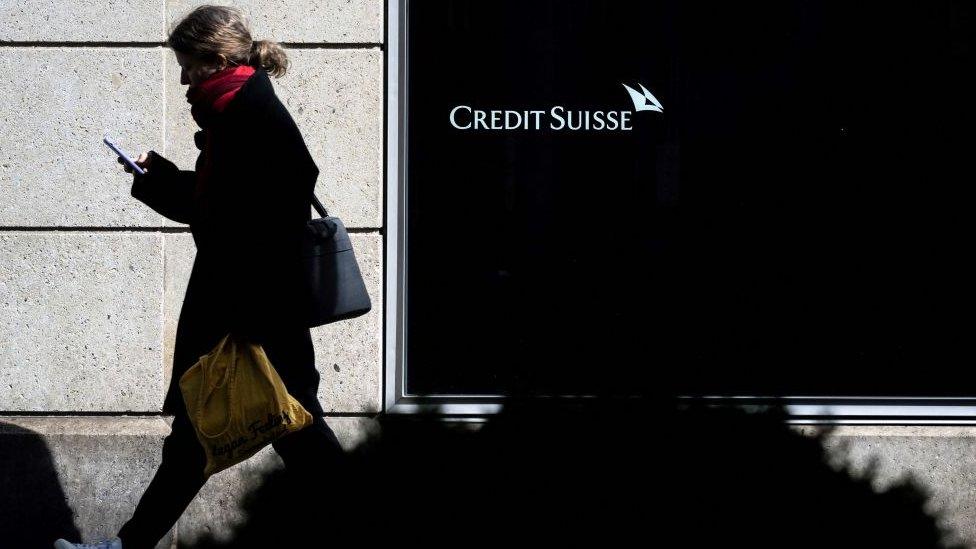
- Published20 March 2023
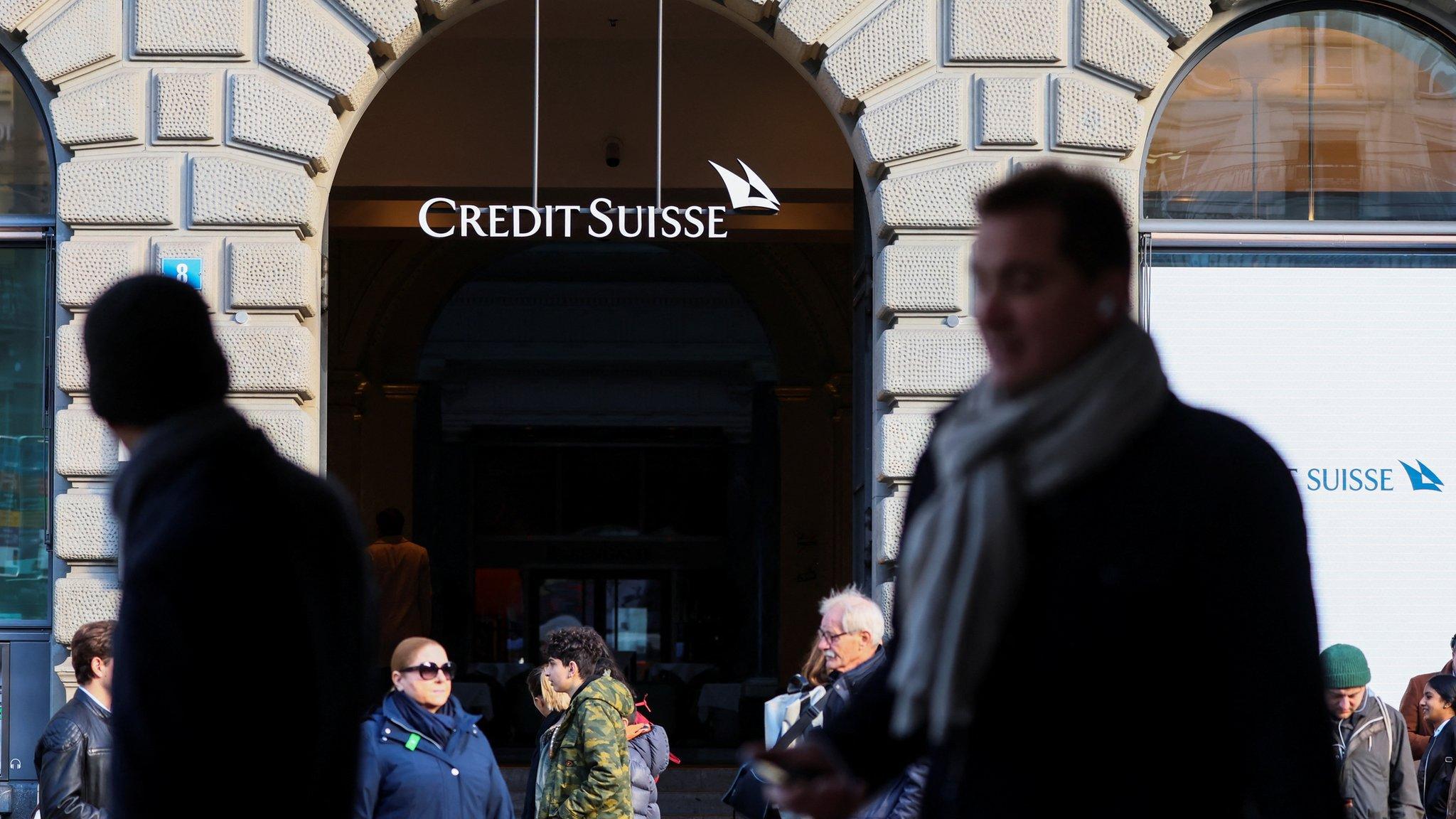
- Published14 March 2023
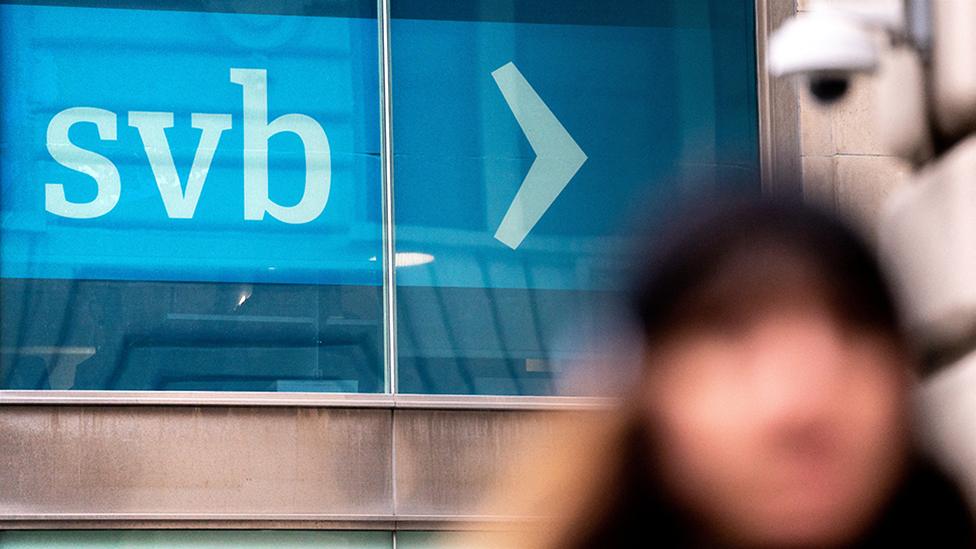
- Published14 March 2023
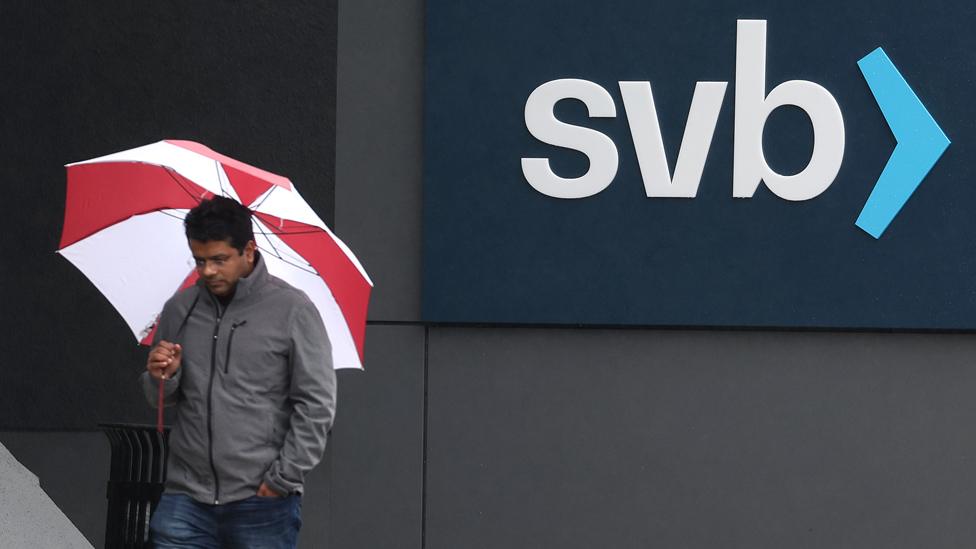
- Published20 March 2023
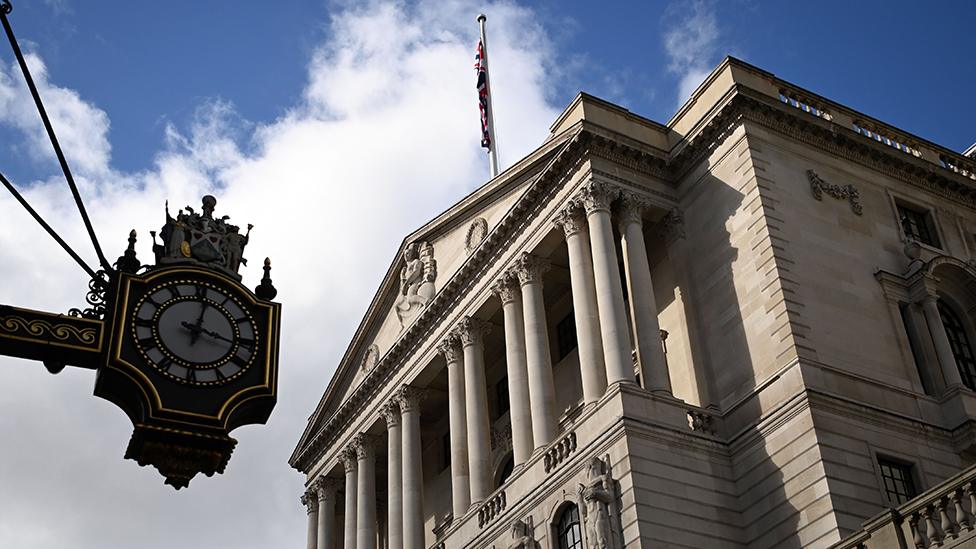
- Published16 March 2023